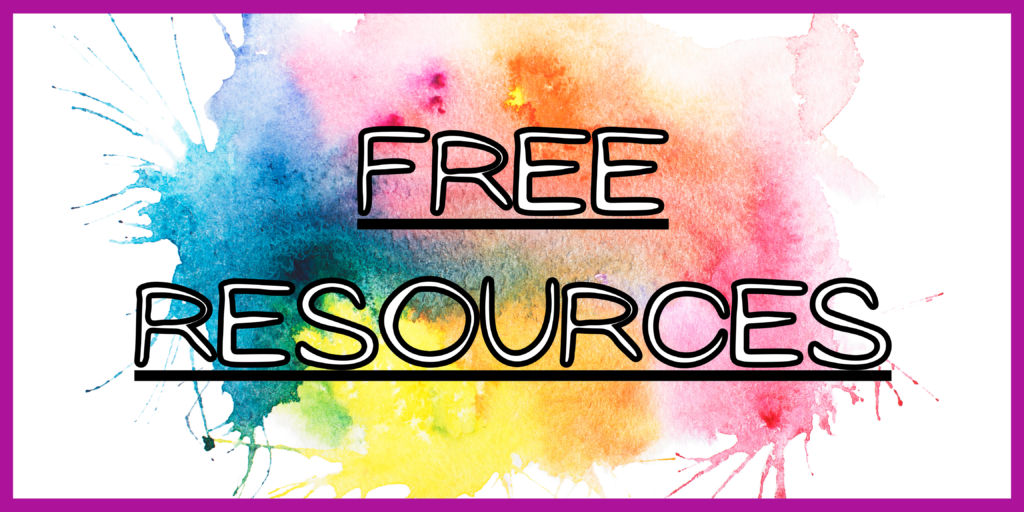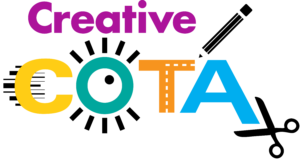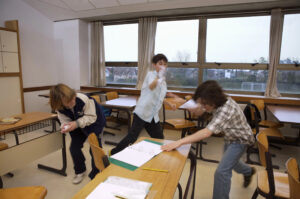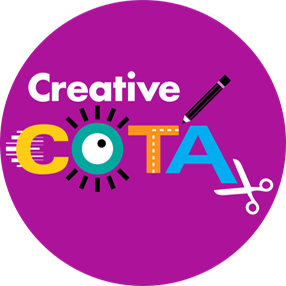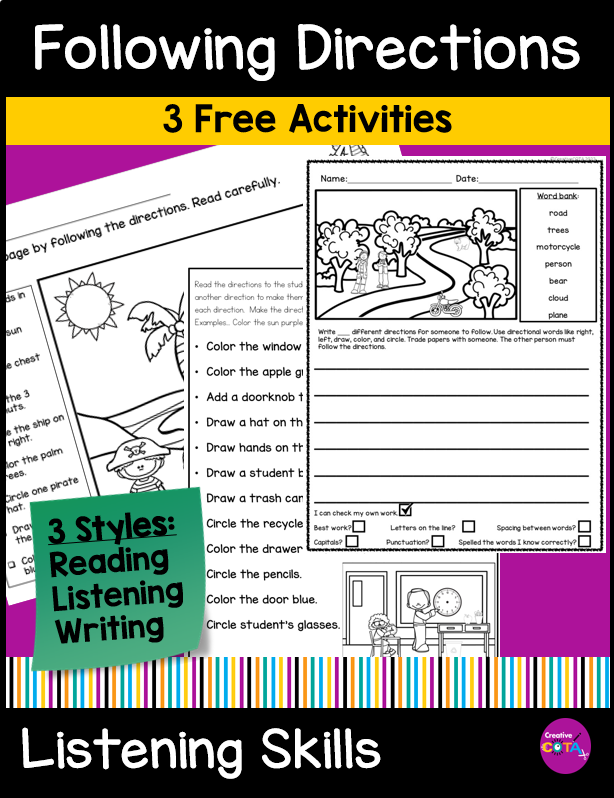
In the world of therapy and education, creating sessions that celebrate neurodiversity and understanding trauma is crucial for supporting the diverse needs of our clients and students. By adopting the principles of F.U.N. – flexibility, understanding, and niceness – therapists, educators, and other professionals can cultivate inclusive environments where individuals of all neurotypes feel valued and empowered. Let’s explore how we can integrate these ideas into our practice to promote holistic well-being and meaningful participation.
Understanding Neurodiversity and Trauma-Informed Care: Neurodiversity encompasses the recognition that individuals have diverse neurological profiles, including variations in cognition, sensory processing, communication, and social interaction. It celebrates the unique strengths and perspectives of neurodiverse individuals while advocating for acceptance and inclusion in all aspects of society. Additionally, trauma-informed care emphasizes the importance of understanding and addressing the impact of trauma on individuals’ lives. It recognizes the prevalence of trauma and seeks to create environments that promote safety, trust, and empowerment.
Principles of F.U.N.
Flexibility: Being flexible allows us to tailor our approach to meet the unique needs and preferences of each individual we work with. Whether in therapy sessions or classrooms, it’s essential to adapt our strategies and interventions to accommodate different learning styles, sensory differences, and abilities. Embracing flexibility means being open to trying new approaches and adjusting our methods based on the individual’s response. This approach enables us to better connect with our clients and students to provide personalized support that resonates with their experiences.
Understanding: Understanding is the cornerstone of effective therapy and education. It involves actively listening to our clients and students, validating their experiences, and empathizing with their perspectives. For neurodiverse individuals, we must take the time to understand their unique sensory profiles, communication styles, and learning preferences. By recognizing and respecting these differences, we create environments where individuals feel seen, accepted, and valued for who they are. Building understanding fosters trust and rapport, laying the foundation for meaningful connections and positive outcomes.
Nice: Incorporating kindness and empathy into our interactions fosters a supportive and nurturing environment where individuals feel safe to express themselves and take risks. Being nice means creating spaces where everyone feels included, respected, and valued. Simple acts of kindness, such as offering words of encouragement, actively listening without judgment, and celebrating individual achievements, can have a profound impact on the well-being and self-esteem of our clients and students. By being nice, we create a culture of compassion and acceptance that promotes positive relationships and enhances learning and growth.
By embracing the principles of F.U.N. – flexibility, understanding, and niceness – we can create neurodiversity-affirming sessions and classrooms that honor the unique strengths and abilities of each individual. Integrating neurodiversity-affirming and trauma-informed approaches into therapy and education involves adopting practices that prioritize safety, choice, collaboration, and empowerment. This may include creating sensory-friendly environments, using trauma-sensitive language, providing opportunities for self-regulation and choice, and fostering trusting relationships built on empathy and respect. By fostering environments of acceptance, empowerment, and kindness, we empower our clients and students to thrive and reach their full potential. Let’s continue to champion diversity, equity, and inclusion in our practice and education, making a positive impact on the lives of those we work with. Together, we can create spaces where everyone feels valued, respected, and celebrated for their differences.

About the Author
I am a Certified Occupational Therapy Assistant (COTA) and have been working in a public school system for more than 25 years. My resources can be found on TPT, BOOM Learning, Made by Teachers, Classful, and Your Therapy Source. I appreciate your interest wherever you wish to shop.
My mission is to help you find creative ideas to incorporate fine motor, visual perception, gross motor, and social-emotional learning into your lessons.
I hope you consider signing up for my Free Resource Library with your Email. I send out emails about once a week and share resources, tips, and planning ideas for your classroom or occupational therapy needs. Hopefully, these help your students work on building their skills in a fun and engaging way.
